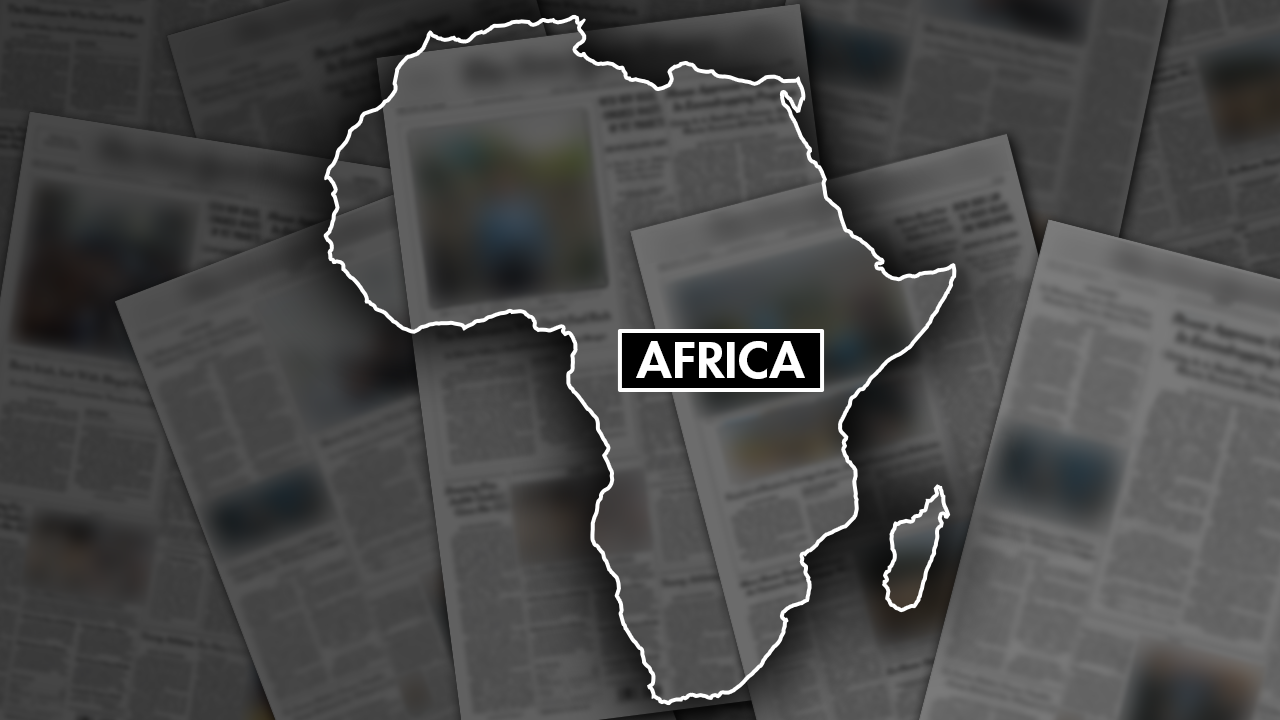Civilians in the English-speaking regions of Cameroon are being subjected to violence and victimization by the army, separatists, and militias, as highlighted in a recent report by Amnesty International. The report, released on Tuesday, documents cases of killings, torture, and sexual violence against more than 100 victims of armed violence.
Over the past three years, clashes between government armed forces and separatist rebels have resulted in the extrajudicial killings, destruction of homes and villages in the Northwest and Southwest regions of Cameroon. The Ministries of Justice and Defense did not respond to requests for comment from Amnesty International.
The ongoing Anglophone crisis, which began in 2016, was triggered by protests organized by English-speaking teachers and lawyers against marginalization by the French-speaking government. These protests were met with force, leading to the mobilization of armed rebel groups advocating for the independence of the Anglophone areas, referred to as Ambazonia.
Since then, clashes between these rebel groups and the Cameroonian military have resulted in significant casualties, with Human Rights Watch estimating that as of 2022, 4,000 civilians have lost their lives and over 700,000 have been displaced.
Fabien Offner, a senior researcher for Amnesty International, expresses concern about the lack of attention given to the situation. He emphasizes that the scale of human rights violations committed demands a more serious response from authorities.
The report contains distressing images depicting the scars inflicted by machetes on individuals and the destruction of homes in the Northwest Region. Tanyuy Etienne, a mental health specialist treating victims of gender-based violence, highlights the prevalence of post-traumatic stress disorder among those affected by the crisis. She shares that in the past two months alone, she has treated 30 cases of women and girls who have been raped by security forces or armed groups, some as young as 9 years old.
Addressing the ethnic dimension of the conflict, separatist groups have targeted the Mbororo Fulani, a semi-nomadic group. The Cameroonian military has seemingly enlisted Mbororo Fulani “vigilante groups” to counter separatists, but this collaboration has resulted in violence that invariably impacts civilians. Etienne describes the Mbororo Fulani militias as being particularly hostile towards the population, perpetrating acts of rape, torture, death, and other atrocities.
Amnesty International’s report criticizes the Cameroonian government for its failure to adequately investigate documented allegations of abuse by the armed forces and hold perpetrators accountable.
In addition, the report highlights the threats and arbitrary detention experienced by individuals who have spoken out about human rights violations and crimes committed in the Anglophone regions.
It is essential that a sustainable solution is pursued to address the grave human rights violations unfolding in Cameroon’s English-speaking regions and bring an end to the suffering endured by the civilian population.
Denial of responsibility! VigourTimes is an automatic aggregator of Global media. In each content, the hyperlink to the primary source is specified. All trademarks belong to their rightful owners, and all materials to their authors. For any complaint, please reach us at – [email protected]. We will take necessary action within 24 hours.


